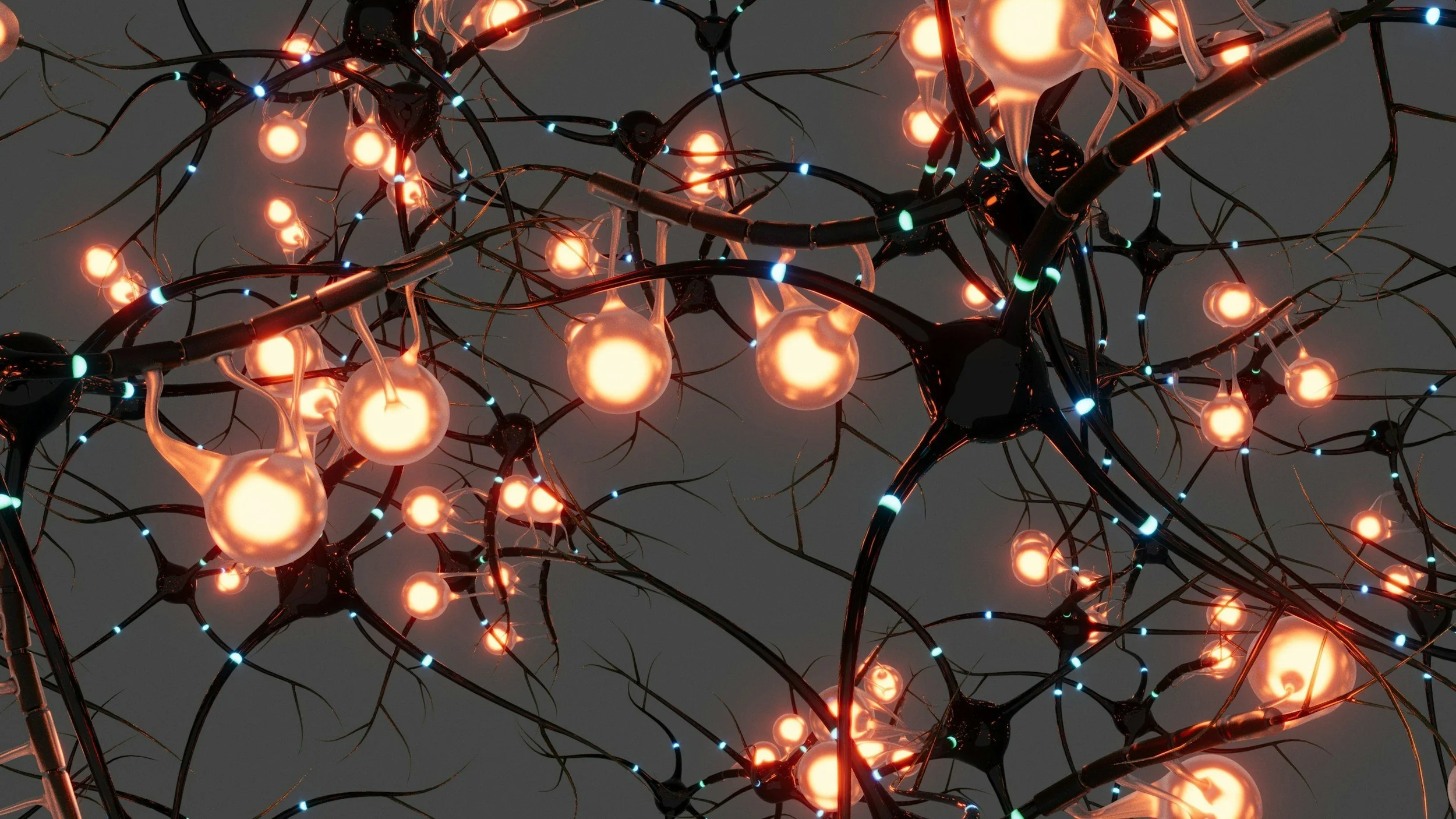How Ketamine Works on the Brain: The Science Behind Its Transformative Power
By Christopher Black, PMHNP | Black Psychiatry
In recent years, ketamine has captured the attention of clinicians, researchers, and patients alike for its rapid and often life-saving effects in treating depression, anxiety, and emotional pain. At Black Psychiatry, we’re not only interested in that ketamine works-we’re deeply invested in understanding how it works. The science is fascinating, and more importantly, it’s hopeful.
Let’s break it down in plain terms.
What Makes Ketamine So Different?
Traditional antidepressants (like SSRIs or SNRIs) primarily affect serotonin, norepinephrine, and dopamine-neurotransmitters involved in mood regulation. These medications often take 4–6 weeks to begin working (if they work at all), and many people experience only partial relief.
Ketamine, by contrast, operates on a completely different neurotransmitter system: glutamate.
Glutamate: The Brain’s Primary Excitatory Messenger
Glutamate is the most abundant neurotransmitter in the brain. It’s essential for:
Forming new memories
Regulating emotional responses
Supporting learning and cognition
In people with depression and trauma-related disorders, glutamate signaling can become disrupted-leading to impaired brain plasticity, rigid thought patterns, and emotional numbness.
This is where ketamine comes in.
Ketamine and the NMDA Receptor
Ketamine works by blocking the NMDA receptor, a specific glutamate receptor in the brain. When ketamine binds to this receptor, it causes a chain reaction:
NMDA is blocked, decreasing abnormal overactivity in certain brain regions.
AMPA receptors (another type of glutamate receptor) become more active.
This leads to a surge in Brain-Derived Neurotrophic Factor (BDNF)-a key chemical involved in neuroplasticity.
BDNF activates the mTOR pathway, which promotes the growth of new synapses (connections between brain cells).
In simpler terms?
Ketamine helps the brain “rewire” itself, often within hours or days.
Neuroplasticity: The Brain's Healing Superpower
One of the most exciting effects of ketamine is its ability to increase neuroplasticity- the brain’s ability to change, adapt, and form new connections. For individuals stuck in rigid, depressive thought loops, this rewiring allows for:
Greater emotional flexibility
A fresh perspective on past trauma
Improved ability to engage in therapy
Enhanced motivation and connection to life
This is why ketamine is so effective when combined with psychotherapy-the brain is in an optimal state for change.
The Fast-Acting Nature of Ketamine
Unlike conventional treatments, ketamine can produce results within hours to a few days. This can be life-saving for individuals experiencing:
Suicidal thoughts
Severe depressive episodes
Emotional shutdown after trauma
While it’s not a cure-all or a first-line treatment for everyone, ketamine has become a powerful tool for those who haven’t responded to other therapies.
What the Research Says
Studies from institutions like Yale, NIH, and Stanford have confirmed ketamine’s effectiveness, particularly in:
Treatment-resistant depression
Post-Traumatic Stress Disorder (PTSD)
Anxiety and panic disorders
Bipolar depression
It’s also being studied for obsessive-compulsive disorder (OCD), substance use disorders, and chronic pain conditions with promising results.
Is It Safe?
At Black Psychiatry, we provide ketamine treatment in a structured, medically supervised environment. We take great care to screen for medical and psychiatric contraindications and ensure each session is guided with therapeutic integration in mind.
We also educate patients about realistic expectations and potential side effects (such as dissociation or mild nausea), all of which are typically short-lived.
Final Thoughts
Ketamine isn’t just about symptom relief-it’s about unlocking your brain’s ability to heal itself. The science is clear: with the right support, your brain can grow, rewire, and rediscover a path forward.
If you or someone you love is struggling and hasn’t found relief through traditional routes, we’re here to explore the next chapter together-with insight, compassion, and evidence-based care.
📍 Want to Learn More?
Book a consultation with Black Psychiatry and let’s talk about whether ketamine therapy is the right step for you.

